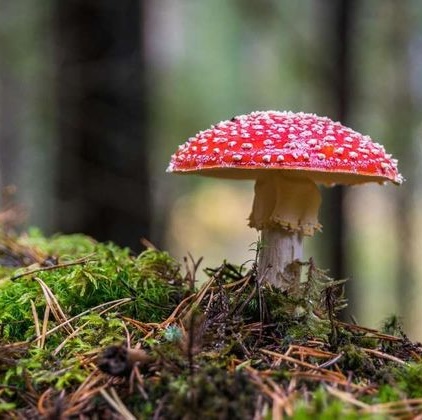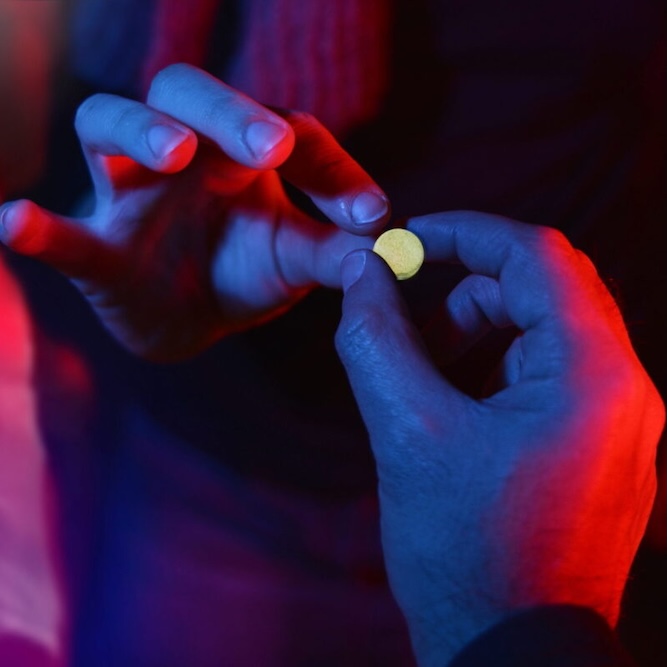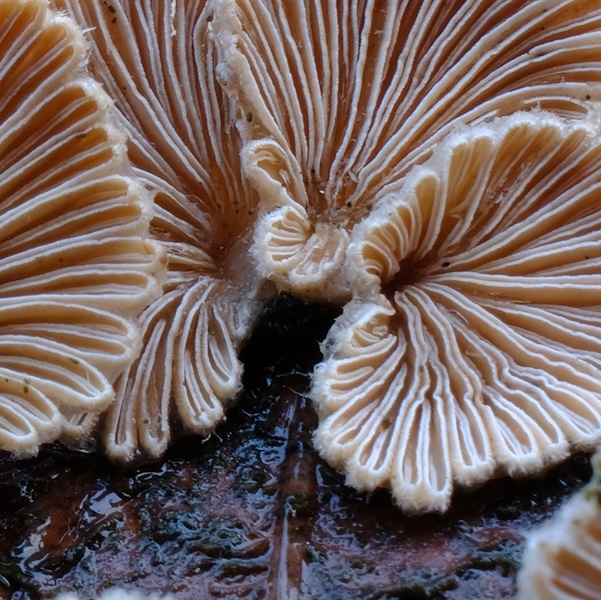Attention Deficit Hyperactivity Disorder (ADHD) is a condition marked by an ongoing pattern of inattention, hyperactivity, and impulsivity, enough to interfere with daily functioning or development. With traditional medications sometimes falling short or causing undesirable side effects, many are turning to alternative treatments.
Among the most intriguing of these is microdosing psilocybin, a practice that involves taking sub-perceptual doses of psychedelics. Could this alternative approach be the key to better ADHD management?
Exploring microdosing psilocybin for ADHD

Understanding ADHD and it’s challenges.
ADHD is not just a childhood disorder; it affects millions of adults worldwide, impacting their ability to focus, maintain organization, and manage time and impulse control. Traditional treatments typically include stimulant medications like Adderall or Ritalin, which work for many but not all. For some, these medications come with side effects such as sleep disturbances, decreased appetite, and mood swings, prompting the search for alternative therapeutic possibilities.
What is microdosing?
Microdosing involves taking a very small dose of a psychedelic substance, such as psilocybin—the active compound in magic mushrooms. The dose is usually about one-tenth of a recreational dose and is not enough to cause significant alterations in consciousness. Proponents of microdosing suggest that it can enhance creativity, reduce depression and anxiety symptoms, and improve overall emotional balance without the hallucinogenic effects.
Microdosing psilocybin for ADHD
The theory behind using microdosing for ADHD is based on the potential of psilocybin to enhance neural connectivity and promote a state of heightened cognitive flexibility. This could theoretically improve attention spans, reduce impulsivity, and increase mindfulness, which are areas where those with ADHD often struggle.
Current research and evidence
While the research on microdosing psilocybin is still in its early stages, some preliminary studies and anecdotal reports suggest potential benefits. For instance, a study published in the “Journal of Psychopharmacology” found that microdosing psychedelics could improve psychological functioning in self-reported measures in people who did not respond well to traditional treatments.
Benefits of microdosing for ADHD
Individuals who microdose report a range of benefits that could support ADHD management, including:
- Enhanced focus and concentration: Small doses of psilocybin may help improve concentration, allowing individuals with ADHD to maintain focus on tasks for longer periods.
- Reduced anxiety and depression: ADHD often coexists with anxiety and depression. Microdosing has been reported to improve mood and emotional resilience.
- Increased creativity and problem-solving: This could be particularly beneficial in tackling tasks or situations that require out-of-the-box thinking.
Conclusion
While traditional ADHD treatments work well for many, they are not a one-size-fits-all solution. Microdosing psilocybin offers a promising alternative, but it’s important to approach this option with caution and awareness of the current legal and health landscapes. Ongoing research and clinical trials will hopefully provide clearer insights into how microdosing could be integrated into ADHD management strategies. Go to our homepage and see what this is all about.




